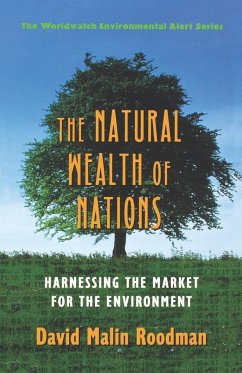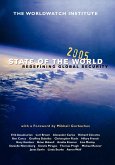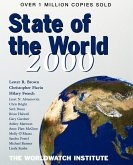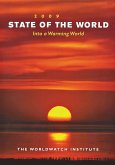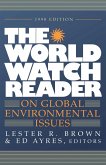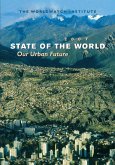Looking for some concrete proposals about how to clean up the world's environmental problems? In The Natural Wealth of Nations, David Roodman argues that a critical but often overlooked source of solutions lies in the prosaic world of government subsidies and fiscal policy. If governments overhaul how they raise and spend money, they can use the market to protect the environment without hurting economic growth. For starters, why are the world's governments spending over $700 billion a year to subsidize activities that harm the environment, from logging to mining to driving? Roodman shows how cutting these wasteful subsidies can boost the economy, save tax dollars, and help the environment. But governments can do more. Hidden subsidies are only one of several reasons that consumers get misleading signals from the marketplace about the true environmental costs of their activities. Roodman proposes raising taxes on harmful activities like air pollution while cutting taxes on payrolls and profits. This tax shift would discourage pollution and encourage work and investment. The creation of tradable pollution credits is another way to use the market to include environmental costs. These proposals are not far-fetched, having already been tested in the United States and overseas. In a global survey, Roodman provides examples from Sweden to Spain to Malaysia of the growing number of countries that are successfully using these market-based approaches to clean up their environments.
Hinweis: Dieser Artikel kann nur an eine deutsche Lieferadresse ausgeliefert werden.
Hinweis: Dieser Artikel kann nur an eine deutsche Lieferadresse ausgeliefert werden.

